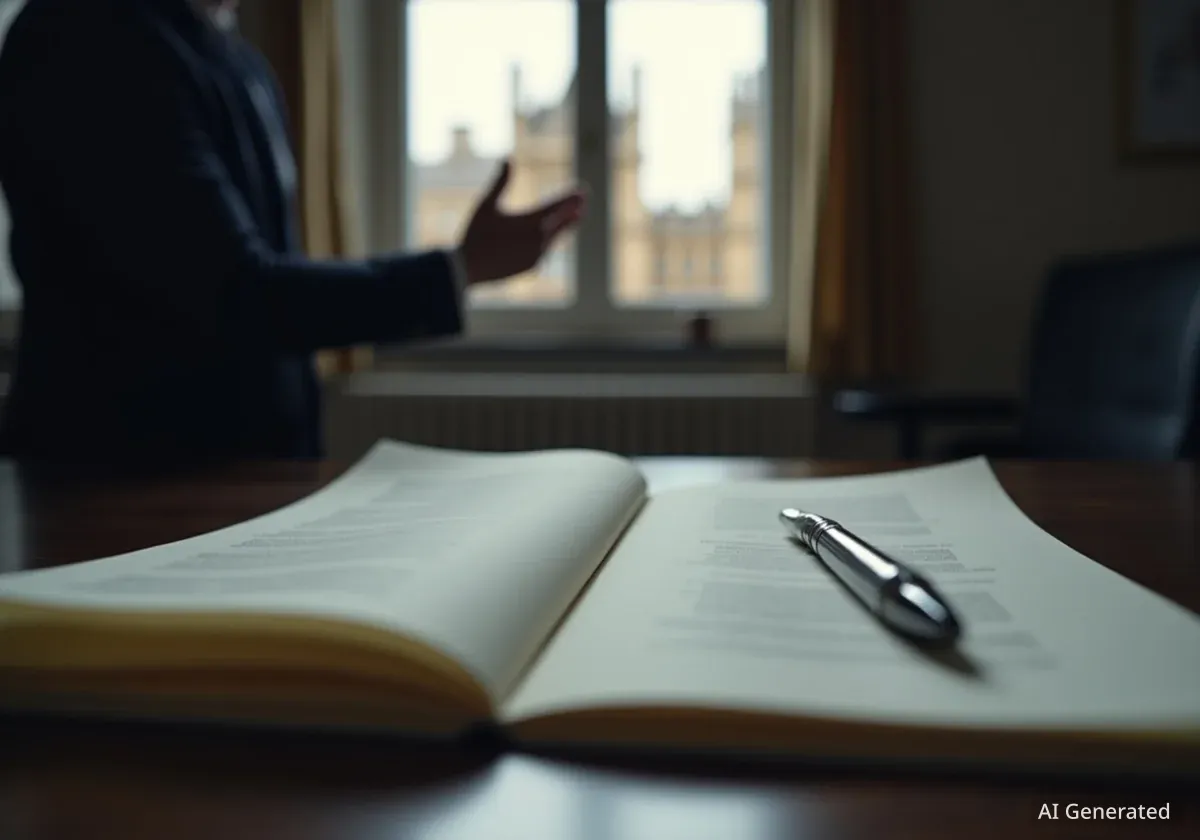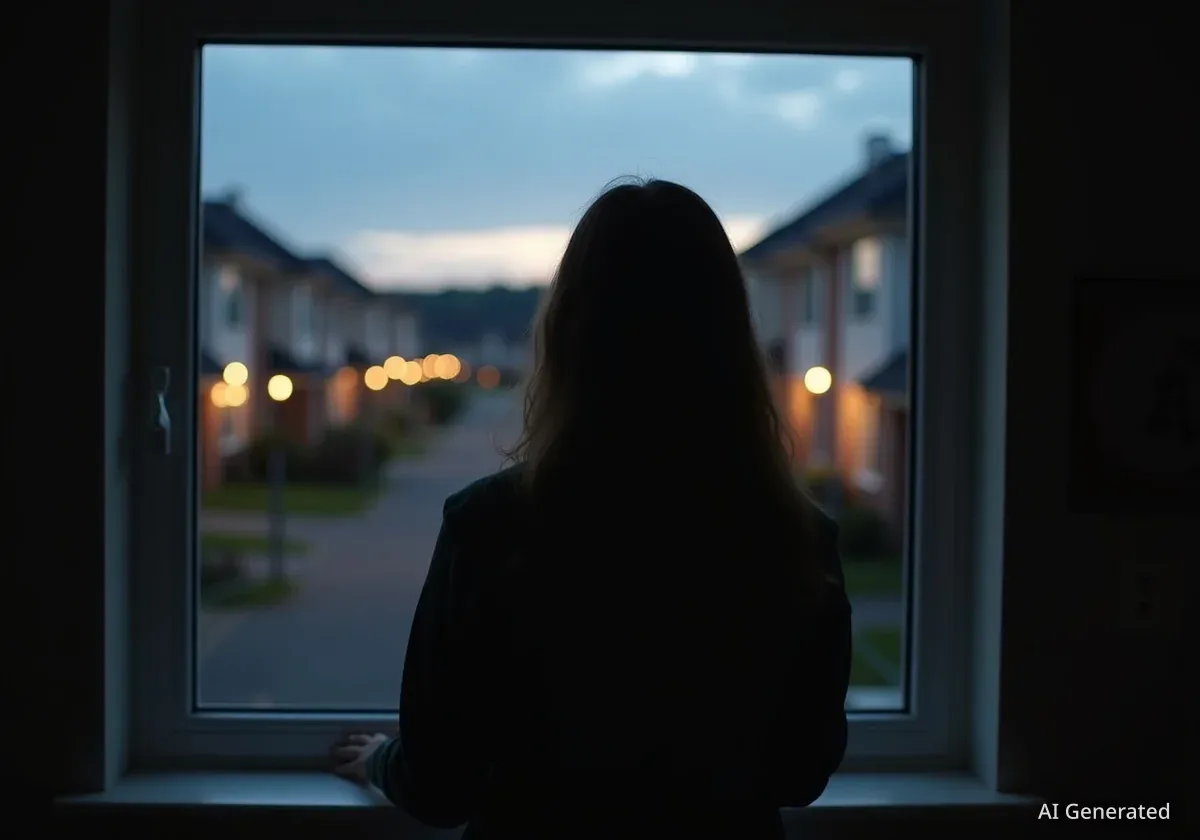Liverpool-born singer Heidi Range has joined a group of prominent figures in signing an open letter urging the UK government to outlaw the physical punishment of children in England. The letter, coordinated by the National Society for the Prevention of Cruelty to Children (NSPCC), was delivered to Prime Minister Sir Keir Starmer, calling for a change in the law to provide children with the same protection from assault as adults.
Key Takeaways
- Liverpool singer Heidi Range is among the celebrities supporting the NSPCC's campaign to ban smacking.
- An open letter was sent to Prime Minister Sir Keir Starmer urging a change in legislation.
- England's current law allows for "reasonable punishment," a defence abolished in Scotland and Wales.
- The campaign highlights research showing physical punishment can have lasting negative effects on children.
- Public opposition to smacking is increasing, with 71% of people now finding it unacceptable, according to NSPCC data.
Celebrities Urge Government Action
Heidi Range, known for her time in the successful pop group Sugababes, has added her name to a growing list of public figures calling for an end to the physical punishment of children. The campaign is spearheaded by the NSPCC, a leading children's charity in the UK.
Other notable signatories of the open letter include former England football captain Alan Shearer and acclaimed actor Sir Michael Caine. The collective voice of these well-known individuals aims to increase pressure on the government to reform an area of law they describe as outdated.
The letter was formally addressed to the Prime Minister and delivered to Downing Street, marking a significant step in the charity's long-standing campaign. The signatories are asking the government to “be brave and lead with courage and compassion” by closing a legal loophole.
The Legal Position on Smacking in England
Currently, the law in England and Northern Ireland differs significantly from that in Scotland and Wales regarding the physical punishment of children. The Children Act 2004 provides a legal defence of “reasonable punishment” for parents or caregivers who smack their child.
This defence means that while common assault is a criminal offence, a parent can use it in court if they are charged with assaulting their child through smacking. The campaign argues this creates a legal anomaly where children have less protection from physical assault than adults.
How UK Nations Differ on Smacking
The legal landscape for child protection against physical punishment varies across the United Kingdom:
- Scotland: Became the first UK nation to ban all forms of physical punishment of children in 2020.
- Wales: Followed suit by making smacking, hitting, slapping, and shaking children illegal in March 2022.
- England & Northern Ireland: Still permit a defence of "reasonable punishment" for low-level physical discipline.
The NSPCC and its supporters contend that this legal justification is no longer acceptable and that England should align with the policies enacted by its neighbours. The letter explicitly states that the law needs to be updated for the 21st century.
Evidence and Arguments for a Ban
The core of the NSPCC's argument is based on extensive research into the effects of physical punishment on child development. The charity maintains that the evidence against the practice is now overwhelming.
“Decades of research shows that harming a child can have lasting consequences, undermining their mental health, damaging trust and worsening behaviour,” the open letter states.
Advocates for the ban argue that physical discipline is not only ineffective but can also be harmful. They point to potential long-term impacts, including increased aggression, antisocial behaviour, and mental health problems in children as they grow older. The letter emphasizes that “this outdated defence has no place in 21st century England.”
Growing Public Opposition
Recent research conducted by the NSPCC indicates a clear shift in public attitudes towards smacking. The data shows that the percentage of people who believe smacking, hitting, slapping, or shaking a child is unacceptable has risen from 67% in 2023 to 71% in 2024.
The Campaign's Next Steps
The delivery of the letter to Downing Street is a clear signal of the campaign's intent to keep the issue on the political agenda. By securing high-profile support, the NSPCC aims to build momentum and encourage a legislative review.
The charity has also launched a public petition, allowing members of the public to add their voices to the call for change. This dual approach of lobbying politicians directly while demonstrating widespread public support is a common strategy for advocacy groups seeking policy reform.
The campaign's success will now depend on the government's response. With Scotland and Wales having already changed their laws, and with public opinion appearing to move in favour of a ban, campaigners are hopeful that England will soon follow.





